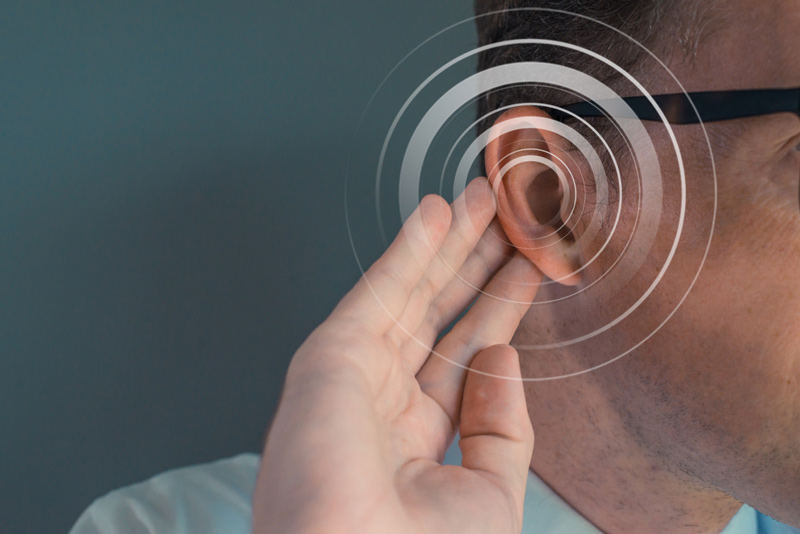What Are the Causes of Low-Frequency Hearing Loss?
Most of us don't realize how often we rely on our hearing to get through our day-to-day lives. Whether it's listening to a coworker or maintaining our balance while walking, our hearing plays a huge role in our ability to adequately get through the day. Unfortunately, even having trouble with just one area of your hearing, such as low-frequency hearing loss, can tremendously impact how you do things.
What is Low-Frequency Hearing Loss?
Low-frequency hearing loss is characterized by the inability to hear low-pitch sounds. People with this rare type of hearing loss have more difficulty hearing men's voices and distinguishing between vowel sounds due to their lower pitches.
You may also hear low-frequency hearing loss, referred to as reverse-slope hearing loss. This is due to the unique shape of this type of hearing impairment on an audiogram. If you think that you may have low-frequency hearing loss, it's imperative that you seek out a professional diagnosis to confirm your suspicions and receive adequate treatment.
What Are the Major Causes of Low-Frequency Hearing Loss?
Low-frequency hearing loss can be caused by a few different issues. It can be a genetic predisposition that is diagnosed at birth. It can result from a nasty childhood illness, such as measles. Or it can be caused by a condition known as Meniere's disease. This disease causes a buildup of fluid in the inner ear chambers that can obstruct your ability to hear properly.
For most, this type of hearing loss will develop over time and become more severe. In some cases, low-frequency hearing loss may evolve into affecting other higher-pitched areas of your hearing. Seeking treatment sooner rather than later can significantly reduce your risk of experiencing further hearing loss of other sound frequencies.
What's the Best Treatment For Low-Frequency Hearing Loss?
When treating low-frequency hearing loss, hearing aids are the typical go-to for hearing care specialists. These hearing aids amplify the low-pitched sounds that a person hears while keeping the high-pitched sounds at a comfortable volume level.
Due to the uniqueness of low-frequency hearing loss, the process of setting up your hearing aids is one of trial and error. It will likely take a few times of programming them to fine-tune each hearing aid to match your unique hearing demands. However, once the settings are programmed correctly, you'll enjoy a much better quality of life.
Call Us Today
If you're experiencing hearing loss of any kind, it's time to contact our office. Let our helpful hearing care specialists assess your hearing and help you find the most effective treatment for your unique hearing loss situation.






